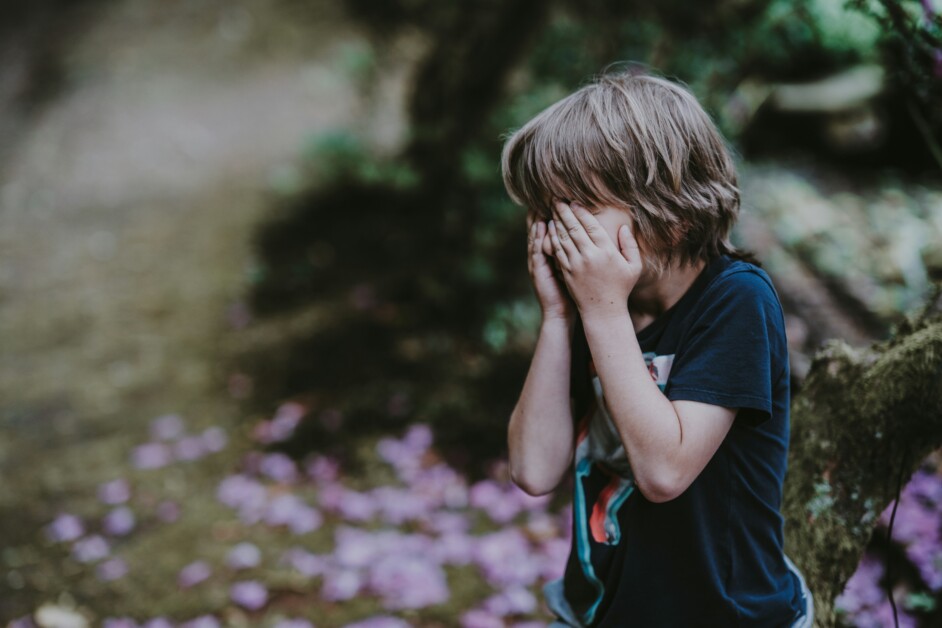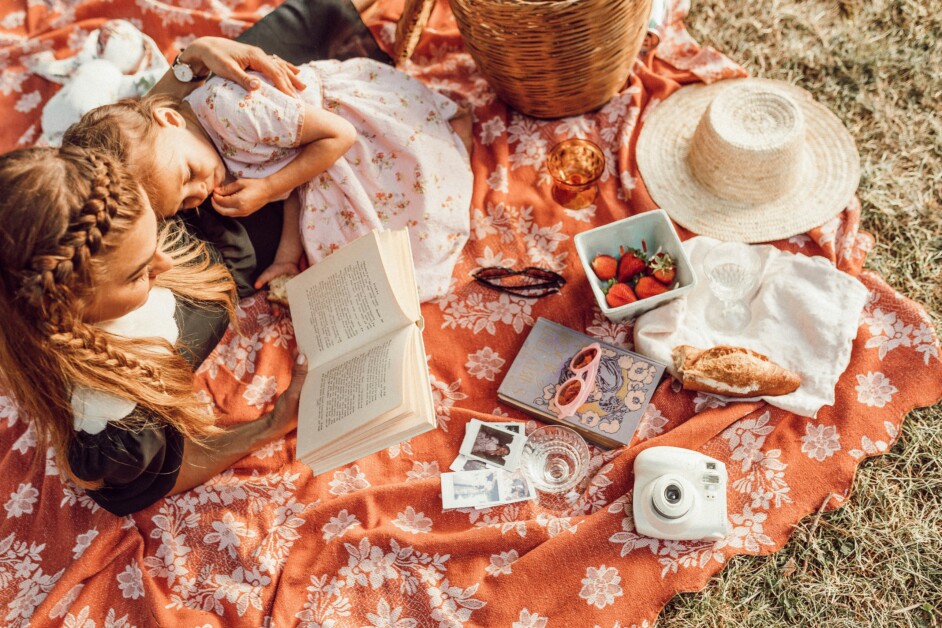Photo by Daniel K Cheung on Unsplash
Our world is constantly evolving, yet certain treasures stand the test of time. These timeless classics such as collectibles, games or hobbies have an everlasting charm that captivates generations. Teaching our children about these classic items not only provides entertainment and engagement opportunities but also imparts valuable lessons about history, tradition and creativity. This blog will look at various classics worth passing down so your children appreciate them fully while perhaps discovering an appreciation for these time-honored pursuits.
Collectables: An Excursion Through Time
Collecting is more than a hobby, it is an invaluable way of documenting history through tangible objects. By exposing our children to collectables, we open the door to endless opportunities.
Vintage Toys
Vintage toys hold an irresistibly charming quality that draws both children and adults in, creating an enjoyable bridge between generations. Crafted with quality materials and designed creatively, vintage toys provide both entertainment and an unexpected reminder of a simpler era. From iconic dolls and action figures, to timeless board games and model trains, each vintage toy carries with it an entire lifetime of stories just waiting to be told. By sharing vintage toys with our children, we not only introduce them to the joys of imaginative play but also spark conversations about past toys and childhood experiences, creating an appreciation of how these treasures have developed over time and can become family heirlooms with a rich tapestry of family.
Coins and Stamps
Coins and stamps have long been collectables that offer an insightful glimpse into history and culture. Every coin tells its own tale, reflecting values, milestones, and artistry from its time period. By engaging our children in coin collecting, we aim to introduce them to the exciting world of numismatics, where they can gain insight into different countries, historical events and significant figures, while learning something along the way. Stamp collecting provides an intriguing window into history through vibrant images and intricate designs depicting moments of significance or cultural heritage. As children organize and explore their collections, they not only gain organizational skills but also foster curiosity about and appreciation of world cultures and narratives. Coins and stamps serve as tangible links to history that invite children collectors to actively explore stories that shaped our societies.
Comic Books
Comic books occupy an exceptional place in storytelling, blending art and narrative to produce vivid worlds and characters that capture readers of all ages. Comic books provide children with a captivating reading experience while at the same time inspiring a love of reading through vivid illustrations and captivating plotlines that allow them to discover exciting adventures alongside superheroes, fantastical creatures, and everyday heroes. By sharing comic books with children of the younger generation, we expose them to multiple genres while sparking their imagination and encouraging storytelling abilities. Additionally, comic books often address social issues and cultural themes, providing a forum for discussions around identity, diversity, morality and ethics. When children turn the pages, not only do they enjoy the thrill of the story but they gain greater knowledge of the world around them, making comic books invaluable tools both entertaining and educating.
Types of Games: Engaging Mind and Body
Games have long been an integral component of childhood, providing both entertainment and education. Engaging your children with classic games is an excellent way to foster their problem-solving abilities, promote social interactions and provide endless amounts of enjoyment.
Board Games
Board games offer timeless entertainment to families and friends, creating experiences of laughter and competition among players of all ages. Offering an engaging mix of strategy, chance, and social interaction, board games help children develop critical thinking skills while having a good time. Classic games such as Monopoly and Scrabble foster financial literacy and vocabulary expansion respectively, while cooperative titles like Pandemic teach teamwork and collective problem-solving skills. Board games offer an engaging form of interpersonal engagement in this digital era, creating important face-to-face connections and memories through shared gameplay and friendly competition. By including board games in family time activities we not only foster important life skills in children but also build lasting memories through shared gameplay and friendly competition.
Online Games
Today’s digital world has transformed how children and families engage in play, offering an amazing variety of experiences from collaborative multiplayer adventures to story-driven formats. Online games can help to develop important skills such as strategic thinking, hand-eye coordination and teamwork as players work towards common goals or compete against one another to accomplish these tasks. Many online games are also designed to foster social connections between players worldwide. This allows them to interact with peers from different areas. While online games provide entertainment, parents need to guide their children’s use and make sure the gameplay remains balanced and safe. By doing this, families can reap the benefits of online gaming while simultaneously maintaining healthy habits and encouraging meaningful interactions. Mahjong is an age-old classic game from China which has quickly spread around the globe over centuries. It’s an intensely strategic game that tests players to think ahead and anticipate their opponent’s moves. Popular online games include Minecraft, which promotes creativity and problem-solving abilities, and Fortnite, a multiplayer battle royale game which fosters teamwork and encourages quick decision-making skills. With so many choices available to them, families can find an online game that not only entertains them but also cultivates important life skills. By including both traditional board games and modern online games as part of family time activities, parents can create enriching play experiences for their children while simultaneously developing key lifelong abilities that will serve them throughout their lives.
Outdoor Games for Families
Outdoor games provide families with an enjoyable way to engage in physical activity outdoors and foster teamwork and socialization skills while having fun. Traditional games like tag, capture the flag, and hide and seek are highly active forms of play that enable children to engage in active physical play while also building stamina and coordination. Sports such as soccer, basketball and frisbee not only help foster fitness but also build camaraderie among participants. Outdoor games also help stimulate children’s creative side as they often come up with their own rules or invent entirely new games themselves. Be it a competitive sporting event or casual family picnic with games, outdoor play promotes physical health benefits while teaching valuable life lessons.

Photo by Annie Spratt on Unsplash
Hobbies: Lifelong Skills and Passions
Help your child gain life-long skills through hobbies. Classic hobbies offer patience, creativity and perseverance instruction that can shape their character over time.
Gardening
Gardening can provide children with an invaluable educational experience that teaches them responsibility, nurturing and the environment. Gardening provides kids with an engaging way to connect with nature as they discover how to plant seeds, care for growing plants, and understand the role ecosystems play. Through this hands-on activity, children develop patience while they wait for their plants to sprout, and experience an immense sense of satisfaction when their efforts yield colorful blossoms or fresh produce. Gardening provides children with opportunities for creativity and problem-solving as they experiment with various plants and designs. Working alongside family members also strengthens bonds and creates lasting memories, making gardening an engaging way to cultivate both skills and relationships simultaneously.
Crafting
Crafting is a rewarding hobby for children that allows them to express their creativity while building fine motor skills and critical thinking abilities. Activities like painting, drawing or building with various materials allow children to translate their imaginations into tangible creations. Crafting is an invaluable way for children to express themselves creatively while exploring various mediums, colors and techniques, creating their own individual identity while indulging their unique style. As part of their projects, kids gain valuable hands-on experience that allows them to develop problem-solving abilities as they navigate challenges such as how best to assemble materials or achieve an effect desired. No matter if it be creating handmade cards, building models, or DIY projects, crafting is an engaging form of expression and family bonding activity. Parents and their children alike can share in the joy of making something together.
The Beauty of Storytelling: Books as Classics
Books remain a cornerstone of childhood, inspiring imaginations and instilling an appreciation for literature. Exposing children to classic works can open their world up further while offering profound life lessons.
Classic Literature
Classic literature offers us a window into different cultures, time periods and human experiences. Authors such as Jane Austen’s “Pride and Prejudice” or Mark Twain’s “The Adventures of Huckleberry Finn” not only tell engaging tales but also explore themes such as identity, morality, and social values in their works. Reading classic literature fosters critical thinking as children discover complex characters and their motives, prompting conversations about ethical dilemmas and personal growth. Classic literature provides invaluable vocabulary and comprehension enhancement, creating a solid basis for academic success. Engaging with these narratives can foster creativity, empathy, and a greater awareness of our world, making classic literature an integral component of a child’s education and personal growth.
Personal Anecdotes
Retell anecdotes from classic storylines or characters. Doing this not only makes the experience relatable but can help your children form personal connections to literature. Why not start a family book club where all members can share their insights into different books, fostering critical thinking skills as well as communication?

Photo by Liana Mikah on Unsplash
Conclusion
Passing down classics to our children is like planting seeds of knowledge, creativity, and values that can flourish throughout their lives. From collectibles to games to hobbies to literature, classics provide unique opportunities for bonding and learning that last a lifetime. By sharing experiences about classics with them you open doors for them to cherish the past while forging their own paths. Remembering treasures of the past as profound gifts from previous generations can give new life. So take an adventure into classics together with your kids as you dive deep into classics to celebrate exploration, creativity, and connection all at once.

Amanda Lancaster is a PR manager who works with 1resumewritingservice. She is also known as a content creator. Amanda has been providing resume writing services since 2014.






